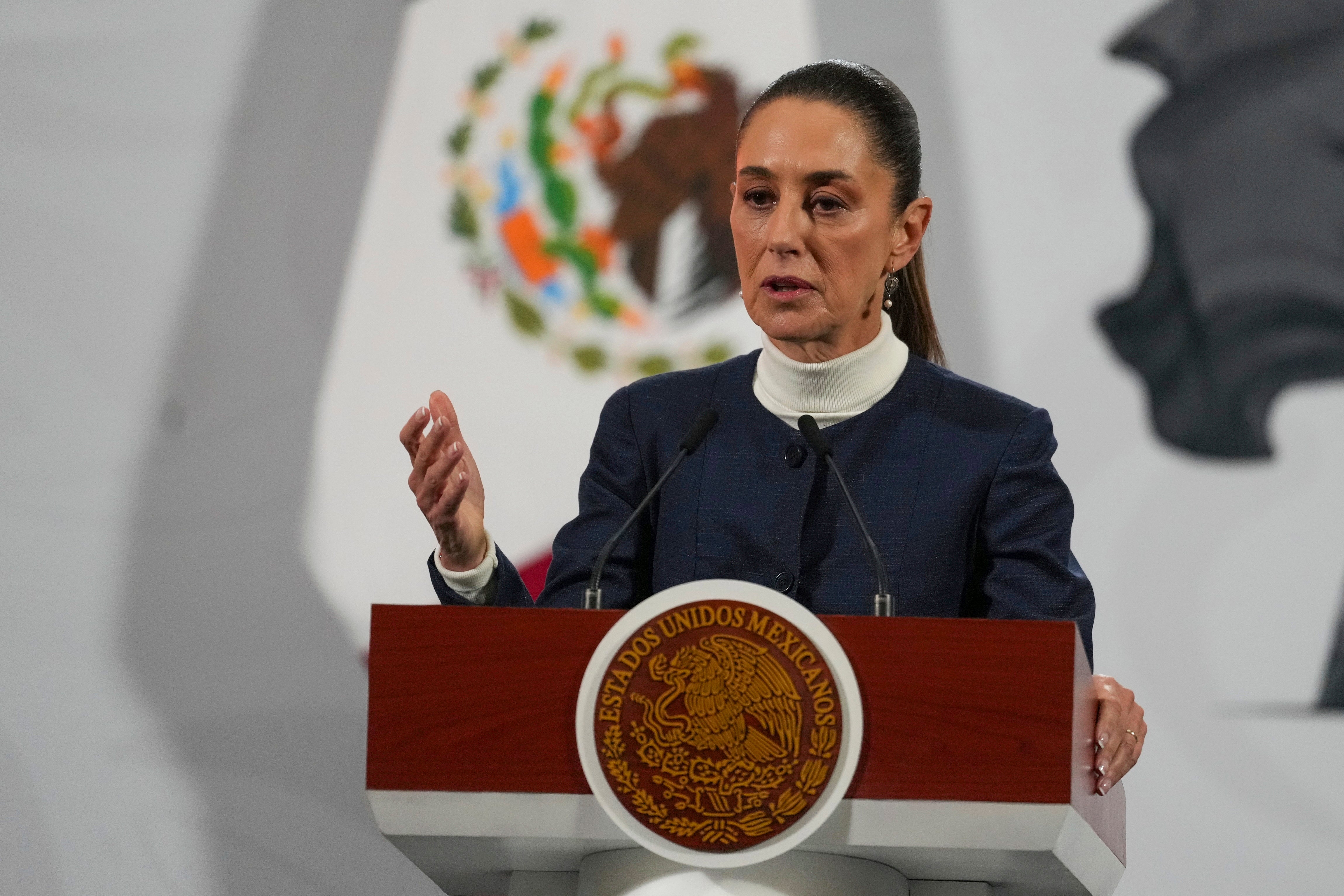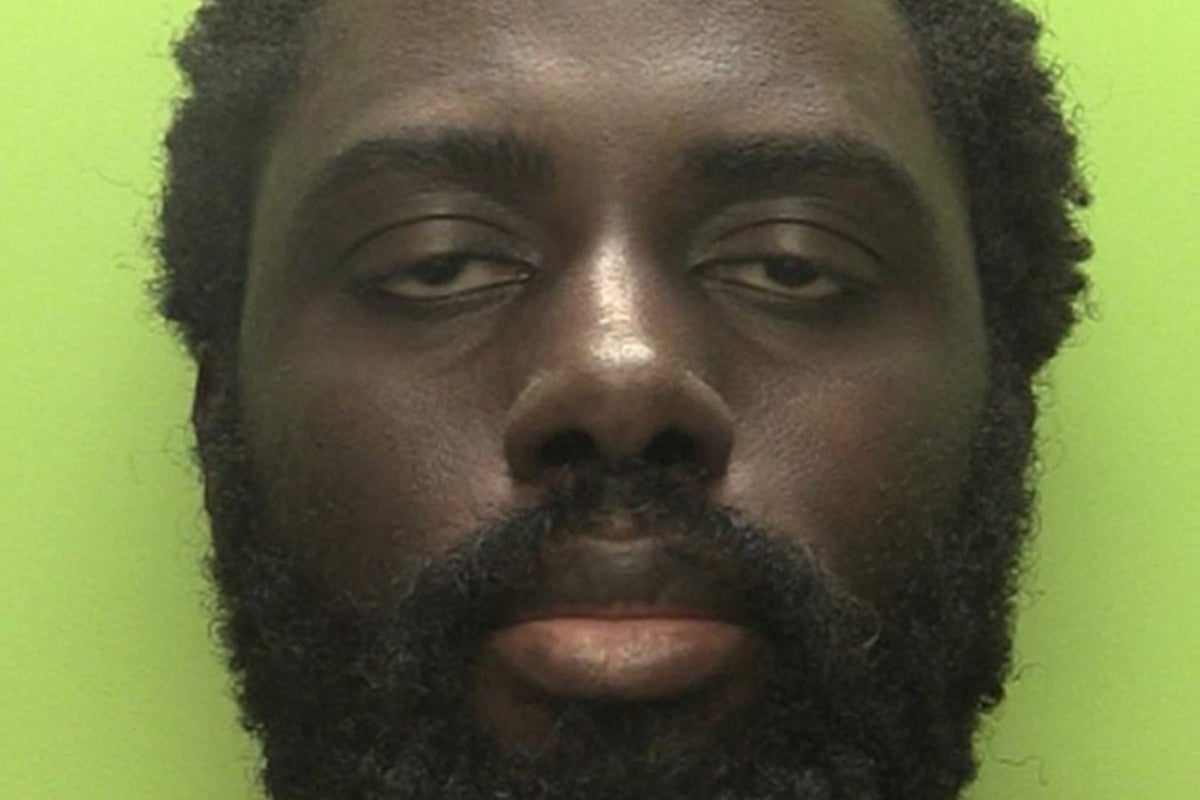President Donald Trump’s plan to unilaterally raise Americans’ taxes with a 25 percent levy on Mexican and Canadian imports appears to be on hold after a series of phone calls between Trump and the leaders of both countries.
Canadian Prime Minister Justin Trudeau took to X (formerly Twitter) after what he described as a “good call with President Trump” and said Canada was continuing to implement a $1.3bn investment in security along his country’s long and largely unguarded border with America, including “new choppers, technology and personnel, enhanced coordination with our American partners, and increased resources to stop the flow of fentanyl.”
Trudeau also said there are and have been 10,000 Canadian personnel working along the world’s largest unguarded land frontier on protection-related duties.
He further added that his government will be making a $200 million investment in combatting organized crime in accordance with what he called “a new intelligence directive” he’d signed, and announced that Ottawa was making “new commitments” with regard to combatting cross-border fentanyl trafficking, including the naming of a new Canadian “fentanyl czar,” following Washington’s lead in designating drug cartels as terrorist organizations, and standing up what he called a “Canada-U.S. Joint Strike Force to combat organized crime, fentanyl and money laundering.”
As a result, Trudeau said Trump’s threatened tariffs — and the Canadian response he’d previewed in a speech late Sunday — would be on hold for a 30-day period.
Earlier on Monday, Trump said he’d delay implementing an identical 25 percent tax on Mexican imports after Mexican President Claudia Sheinbaum agreed to send more troops to her country’s northern border.
In a statement posted to his Truth Social platform, Trump said he’d just concluded a “very friendly conversation” with Sheinbaum, who he said agreed to dispatch 10,000 soldiers to the U.S.-Mexico border and charge them with halting flows of illicit fentanyl and stopping migrants from heading northward into the U.S.
Trump also said he and Sheinbaum had agreed that he would delay imposing the import taxes, and she would in turn delay any retaliatory tariffs amid a “high-level” dialogue between Secretary of State Marco Rubio, Secretary of Treasury Scott Bessent, Secretary of Commerce Howard Lutnick, and a Mexican delegation.
Trump added that he was looking forward to participating in those negotiations with an eye towards what he described as a “deal” between the two countries.
Speaking in the Oval Office several hours later, Trump said he “likes” Sheinbaum “very much.”
“We’ve had good relationships, but we have to stop fentanyl from coming in, whether I like somebody or not, and we have to stop the illegal aliens from coming,” he said.
“They’ve agreed to put in 10,000 soldiers permanently, like forever, 10,000 soldiers at their side of the border and stop fentanyl and illegal aliens from coming into our country. They have a big incentive to do so,” he continued.
“Other than that, we’ve agreed to talk and consider various other things. We haven’t agreed on tariffs yet, and maybe we will, maybe we won’t, but we have a very good relationship.”
At the same time, Trump continued to bash Canada, claiming that America’s longtime ally is “very tough to do business with” and suggesting that Ottawa cannot be allowed to “take advantage of the US.”
“They don’t take our agricultural product for the most part. They don’t take our cars. They make cars, but they basically don’t take our cars,” he said.
The president claimed that the United States does not need Canada “to make our cars” and has no need for Canadian lumber or other agricultural products even though the US is a significant importer of Canadian products.

The president’s 11th hour announcement comes just one day before he was set to impose the 25 percent tariffs on Mexican and Canadian imported goods, 10 precent tariffs on Canadian petroleum products, and add a further 10 percent tariff on Chinese imports.
Trump frequently claims that the tariffs he unilaterally imposes are paid by foreign nations, but they are actually paid by American importers and passed on to American consumers in the form of higher costs.
The president’s intention to impose what would amount to a massive consumption tax on American consumers has roiled stock markets in the U.S., which dipped Monday morning in response to his announcement.
His plan to place sweeping tariffs on imports from America’s largest trading partners has shaken investors and risked rending asunder a tightly-integrated North American supply chain that has been in place for decades.
In a separate Truth Social post, Trump complained about Canadian banking regulations that bar American banks from operating in the country and claimed to have spoken with Trudeau earlier in the day on Monday.



